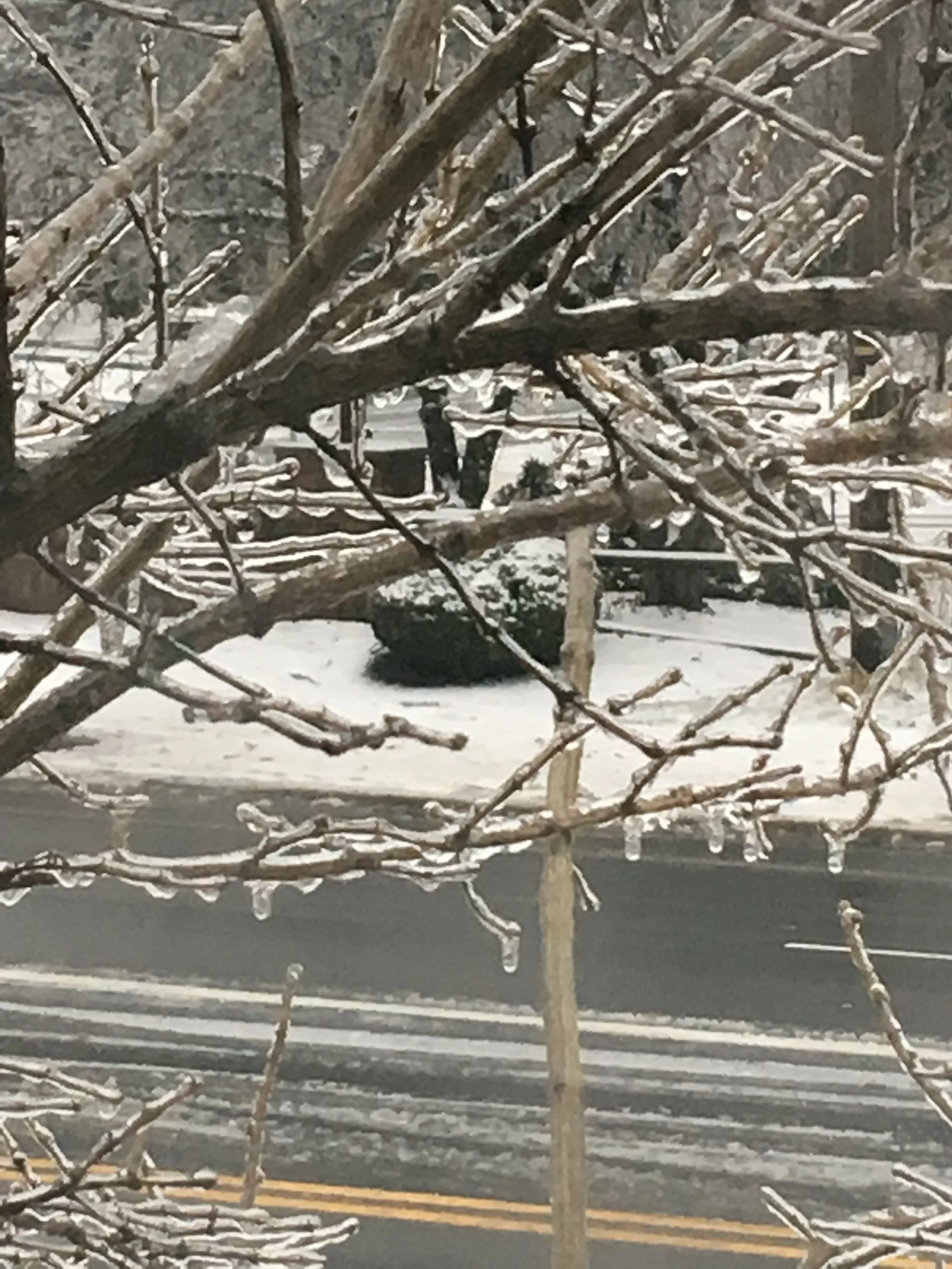Mulling It Over: Romans 8 - Part 1
This week I want to start my Mulling It Over series where we will be taking a passage of scripture and move through it slowly. The idea of ruminating on something is likened to a cow chewing on its cud. Not a pleasant thought, but for the cow it aids in the digestion process. For us ruminating on a passage gives us time to think about it and digest what it is saying. It also allows the Holy Spirit to speak to us through His word and that is part of what enables us to become more Christ like. Obviously, we have to be willing to do the listening and participate in what the Spirit wants to accomplish in our lives. I believe that is best done at a slow, deliberate pace.
Image by Robert Owen-Wahl from Pixabay
I recently was directed back to Romans 8. It is a chapter packed full of God’s promises and gives us so many tools to use as we go about our daily lives.
“1 Therefore there is now no condemnation for those who are in Christ Jesus.
2 For the law of the Spirit of life in Christ Jesus has set you free from the law of sin and of death”
If you have been through one of my Mulling It Over series before, then you know I like to take these passages apart verse by verse. Seeing as there is so much in this passage, I feel it important to look at it in small bite sized snippets. We are serving finger foods here, not a whole roast beef dinner. But hopefully when we are finished you will feel like you have eaten a meal prepared by the King’s very own chefs.
Therefore there -
In order to understand what the Therefore is there for, we must look back at chapter seven. There is one verse that I think sums up the section that is being referred to (7:14-25).
“18 For I know that nothing good dwells in me, that is, in my flesh; for the willing is present in me, but the doing of the good is not.”
This passage in chapter 7 is referring to the struggle between the flesh and the Spirit. More specifically, to the Law of God, which is Spiritual, and the flesh which is sinful. Can’t we all concur with the Apostle Paul in this struggle? What sort of struggle would it be if we didn’t have the Holy Spirit? We would go about our business, not really giving a thought for the struggle that could have been.
When we allowed Jesus to put His seal on our hearts the struggle became real. Suddenly we find our flesh wanting all manner of things that aren’t good or godly. Day in and day out we fight this battle of flesh, not because we are ungodly, but because we are His and we are meant to be righteous, and righteous we are because of His blood that covers all our sin, but we still live in this earthen vessel.
“25 Thanks be to God through Jesus Christ our Lord! So then, on the one hand I myself with my mind am serving the law of God, but on the other, with my flesh the law of sin.”
Knowing this is the struggle all Christ followers will endure, we come to verse 1 of chapter 8, and now we know what the Therefore is there for.
…is now…
The word now speaks of time. The time is not future and it is not past. It is today, this morning, this hour, this moment. It refers to what we now know because of what was referred to in the previous chapter.
…no condemnation…
What could be more beautiful and life giving that those two words? This is a promise. The condemnation that we could be under because we know the law of God, the spiritual reality, yet our physical reality binds us to this flesh. How is it that a Holy God would not condemn us, since we continue to struggle against sin.
…for those who are in Christ Jesus.
Oh the blessing that is ours, because we are His and He is ours. We are not condemned because we are in Christ Jesus. What does it mean to be in Him? It means that we live with Him, abide, dwell, invest and put all our heart’s trust in who He is and what He has done for us on the cross and in the refrain, “Up from the grave He arose…”
Now we come to the reason:
For the law of the Spirit of life in Christ Jesus….
We are no longer under the law of death as the physical Israelites were as they lived and moved across the wilderness, trying to adhere to a system of weights and blood balances that they could never completely live up to. We are under a new law: the law of the Spirit of life. This is only available through our Lord and savior, and by it He -
Image by Jill Wellington from Pixabay
…has set your free from the law of sin and death.
Blessing upon blessing. Mercy upon mercy. We were under the law of sin and death, but now we are under the law of the Spirit of life in Christ Jesus. I have to really think about this and ask myself, am I still living as one in the wilderness continually looking back to my “Egypt”, wishing I could go back, longing for the comfort of my sin, or am I a new creation forged by His blood and released into a Promised land of freedom and joy?
Until next time dwell in His promised land, that place where you are not under condemnation, but lavishly loved.
































































